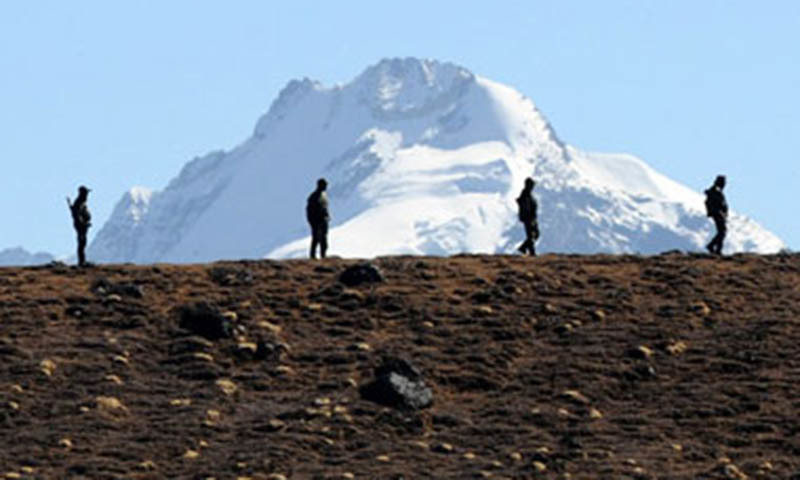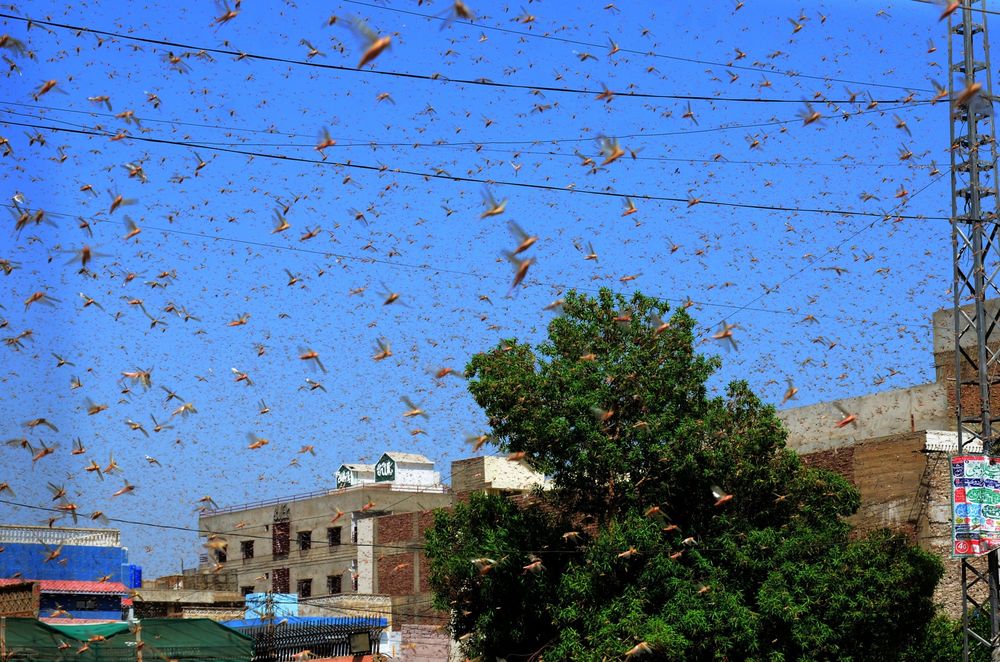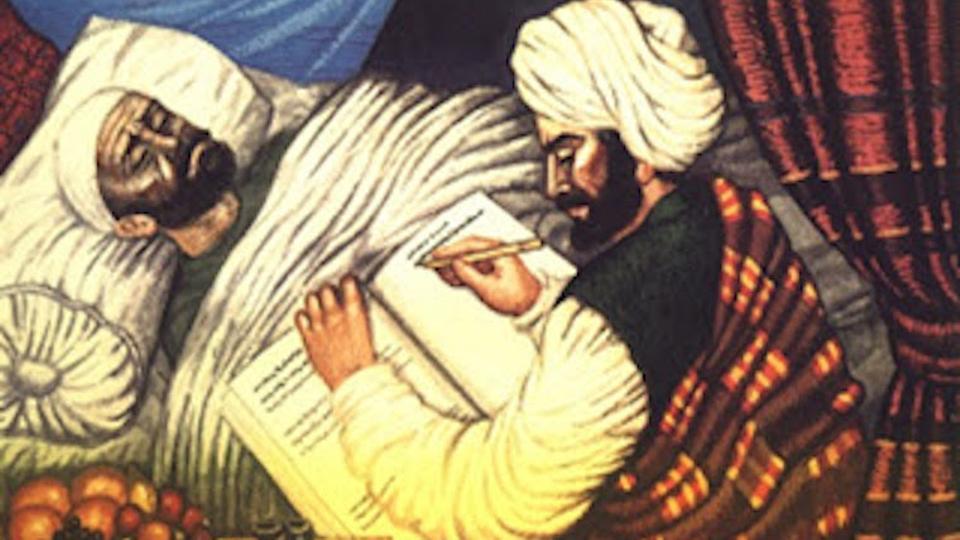Key dates in India-China border tensions
Asian regional superpowers India and China share a long history of mistrust and conflict along their lengthy border, and tensions flared up this week in a deadly clash between troops.
The world’s two most populous nations and nuclear-armed neighbours have never even agreed on the length of their “Line of Actual Control” frontier, which straddles the strategically important Himalayan region.
Recent decades have seen numerous skirmishes along the border, including a brief but bloody war in 1962.









